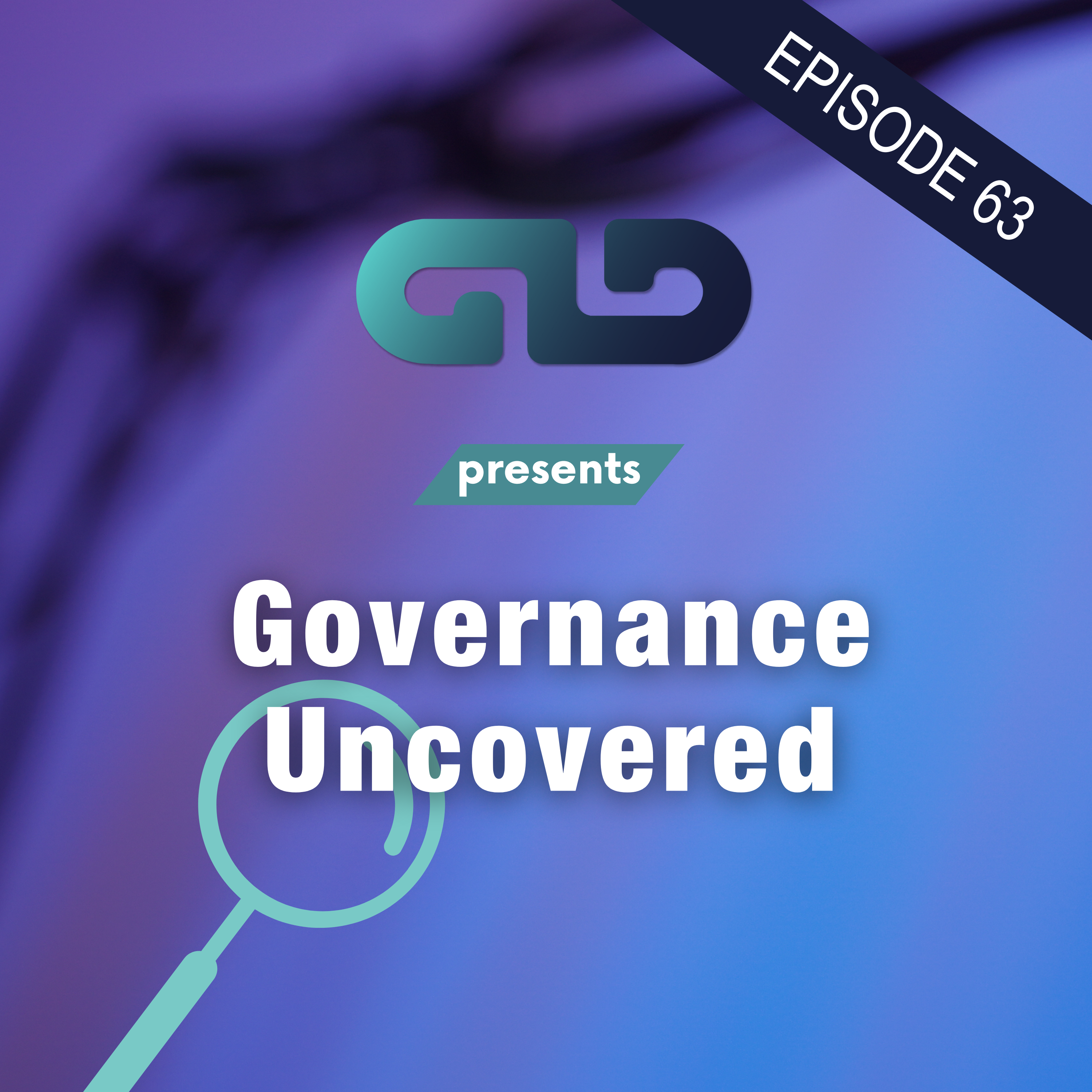Embedding Rights and Fighting Impunity: Citizen Legal Action in Colombia and Mexico
In this episode, we'll talk to Whitney Taylor and Janice Gallagher about their respective books. The two books, which we'll hear more about in a second, look at citizens' legal understanding and capacity to make legal claims in Colombia and Mexico.
Whitney Taylor, Associate Professor of Political Science at San Francisco State University. Her book, The Social Constitution: Embedding Social Rights Through Legal Mobilization, came out with Cambridge University Press in 2023.
Ellen and Whitney discuss the book's concept of 'embedding' constitutional law to clarify how particular visions of law take root socially and legally. The conversation begins with the background of Colombia in the mid to late 1980s, marked by political instability, violence, and the emergence of a student movement that demanded a new constitution. This movement led to the creation of the 1991 Constitution, which introduced various rights and a new legal mechanism called the "Tutela." The Tutela allows Colombians to claim their constitutional rights without a lawyer and has become a widely used tool for addressing issues ranging from minor grievances to significant legal challenges. The interview also compares Colombia's experience with South Africa, highlighting how different judicial approaches have led to varying levels of constitutional embedding in these countries.
Janice Gallagher is an associate professor of political science at Rutgers University-Newark. Her book, Bootstrap Justice: The Search for Mexico's Disappeared, came out with Oxford University Press in 2023.
In her book, Janice asks how people living in settings marked by normalized rights violations transform into rights-claiming and, ultimately, rights-bearing citizens. The book examines how victims and their families in Mexico have fought against impunity through grassroots efforts, even in the face of state inaction or collusion with organized crime. Janice emphasizes the evolving nature of this struggle, highlighting how victims have had to become self-taught investigators and activists over time – a process she calls "bootstrap justice." The interview also touches on how the state's alliances with organized crime and political dynamics influence what citizens can achieve, providing examples of how victims have learned to navigate these complex relationships to push for justice. Finally, Ellen and Janice discuss broader implications for policymakers, suggesting that real change often comes from grassroots movements that challenge power structures.
